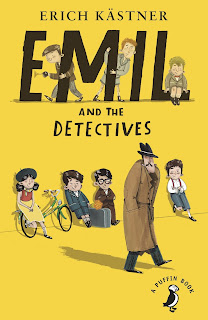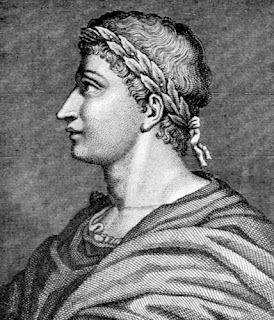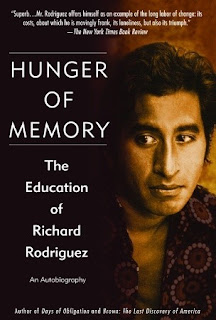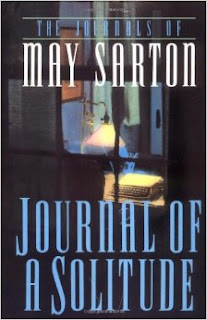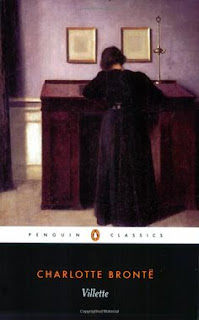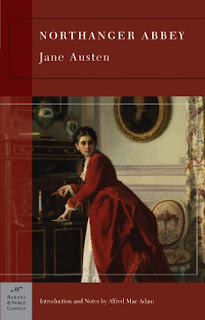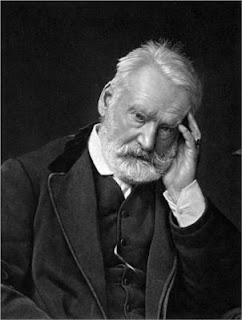“My soul would sing of metamorphoses.
but since, o gods, you were the source of these
bodies becoming other bodies, breathe
your breath into my book of changes: may
the song I sing be seamless as its way
weaves from the world’s beginning to our day.”
Publius Ovidius Naso was born in Sulmo, east of Rome in the year 43 B.C. As a son of an upper middle class family, his father sent him to be educated in Rome to distinguish himself in a career in law or government. Ovid was known as an exemplary rhetorician and worked at minor magisterial posts before quitting his public career to pursue poetry. Immediate success followed his first published elegy and by 8 A.D., the year in which Metamorphoses was published, he was one of the foremost poets of Rome.
Continue reading →

